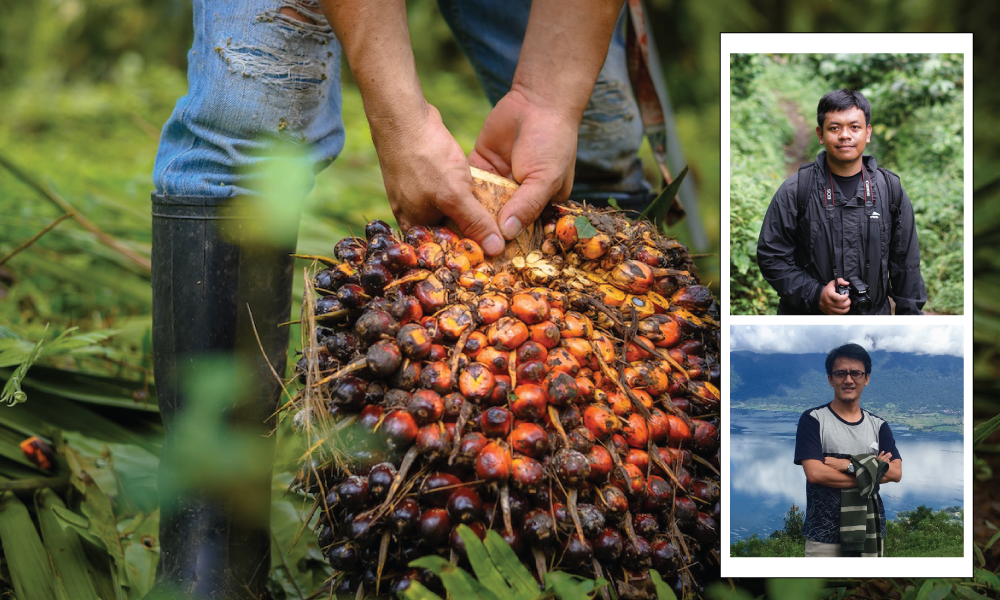The ambiguity over whether the targeted 20 million hectares are degraded forests or still-intact ecosystems adds to the concern. Even degraded forests could be rehabilitated and reforested to have significant ecological value and serve as critical biodiversity and climate regulation buffers. Importantly, they can also turn into agroforestry systems, or even agroforestry-based smallholder palm oil plantations, that maintain ecological functions while providing agricultural benefits. Repeating past mistakes by converting them into food estates will only deepen environmental and social inequalities.
Balancing environmental and biodiversity conservation, food security, and economic development requires evidence-based policymaking. It is therefore crucial to emphasize the importance of independent scientific assessment in guiding policy decisions. Open and transparent dialogue between policymakers, scientists, and civil society is essential to ensure that environmental and social considerations are fully integrated into decision-making processes.



